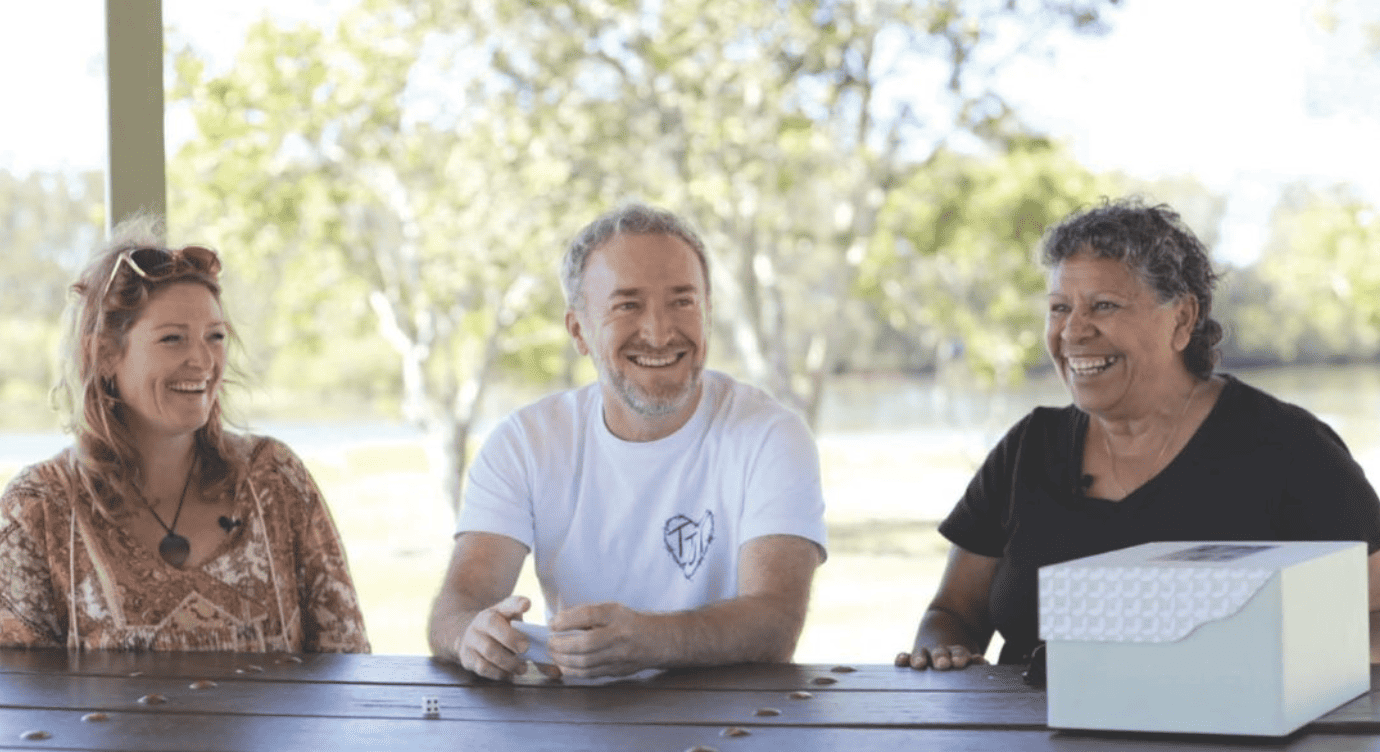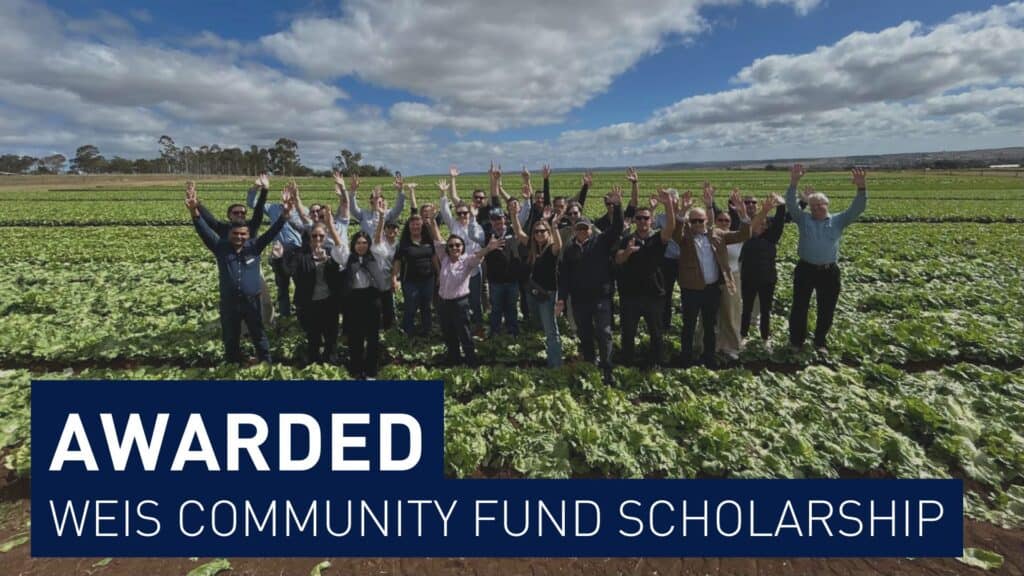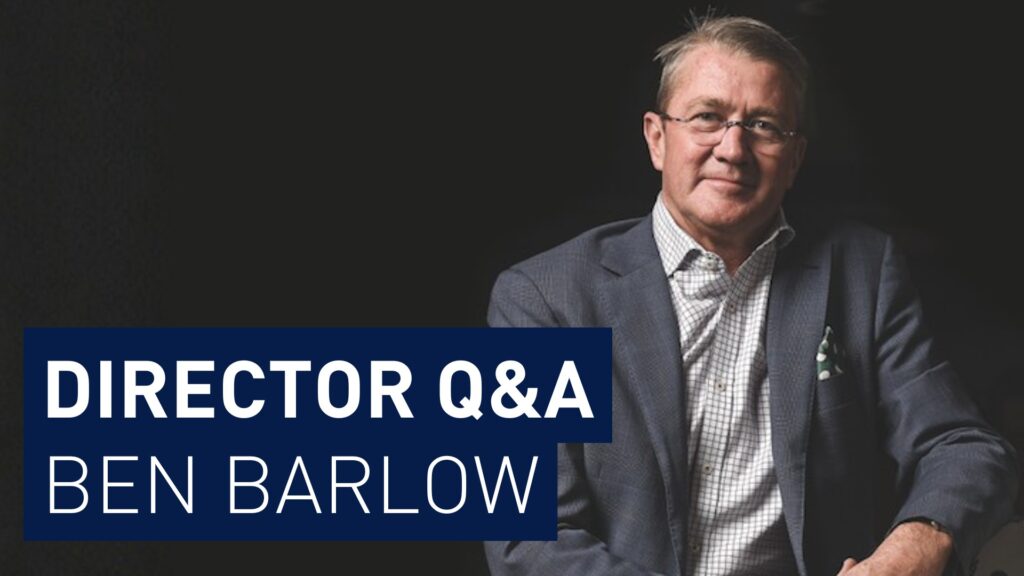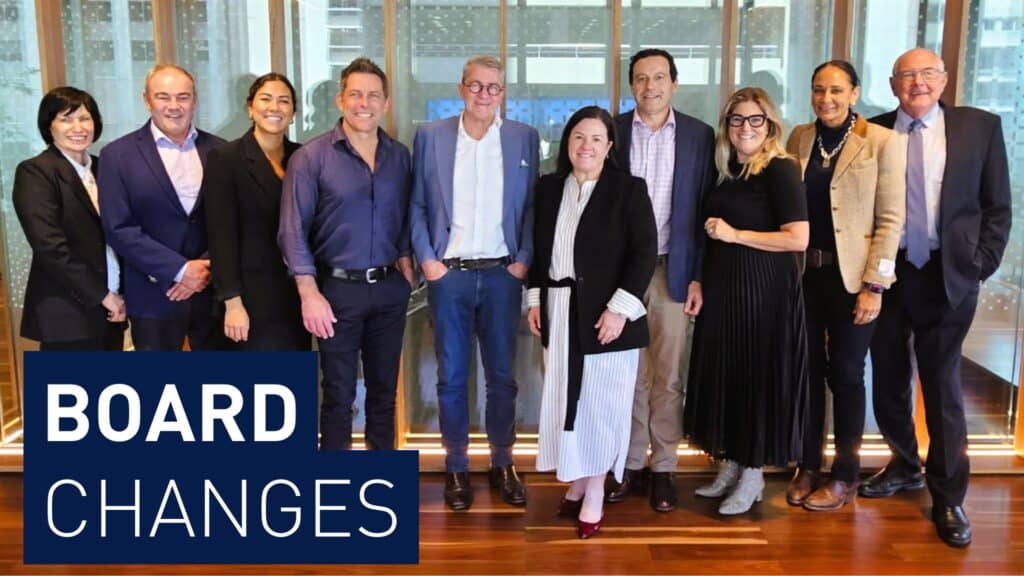Across the months of May to August 2022, community leaders from around Nambucca Valley came together for group-based experiential learning, with the Australian Rural Leadership Foundation’s Regenerate Regional Leadership Program in the Nambucca Valley.
This transformational leadership development program (one of over 111 run by ARLF over the past three decades) was jointly funded by the Australian and NSW Governments under the Bushfire Local Economic Recovery Fund, along with support from the Minderoo Foundation’s Fire and Flood Resilience Initiative and Global Giving, all with the aim of building social capital through networks and leadership for benefit of the community as a whole.
Three participants, Phil Nicolas, Trish Walker and Heidi March, reflect on their experiences of the 8-day, 3-session place-based program and the outcomes of their quest to strengthen their leadership capacity in the community, particularly in the aftermath of the challenges posed by the 2019/20 bushfires and in preparedness for future natural disasters.
Phil Nicholas is a professional event producer who moved to the Nambucca Valley from the UK in 2010. Phil’s quest for his business, Events Delivered, is to crack the equation of how to make community events in regional Australia sustainable, based around the triple bottom line of financial success, positive social impact, and care for the environment: “It sounds idealistic but I’m an idealistic type of guy.”
Heidi March, who happens to be Phil’s neighbour in the rural section of Valla, is a qualified hypnotherapist who founded the I Love You Week Program with the aim of bringing care and joy into the minds and hearts of locals. Her passion for healing, offered via her business Waratah Wellness, arose from the death of her mother and the unexplained loss of her father who went missing at sea: “For me, it all starts from within and then to build that out to community.”
Trish Walker is a Gumbaynggirr woman who is the manager of Miimi Aboriginal Corporation, a not-for-profit organisation in Bowraville that offers formal programs as well as cuppas and yarns on the veranda: “I hope to be someone who can influence the younger generation to aspire to change their lives for the better,” she says.
Deepening understanding of leadership
Reflecting on and gaining a deeper understanding of what leadership means provided much food for thought across the program.
“Going into the course, I thought there was a very formal definition of leadership,” says Phil who initially felt his place in the program might be better being allocated to someone with a clearer leadership title, like a Rural Fire Service Captain.
Participation has resulted in Phil now seeing himself as a leader. “I’ve come to understand what a leader within a community can be and I’m one version of it,” he says, describing his realisation that what he does is impactful as the RFS, albeit in a different way. “What I hear from people is ‘All the community came out and had fun together’, which is a great way of describing the social cohesion, collaboration and promotion of diversity that comes from community events.”
Heidi also didn’t see herself as a leader going into the course however her participation has shone a spotlight on her innate desire to create change. “I’m starting to step back and look at what I do and who I am in the community for the highest of good,” she says.
For Trish, questions about leadership have a profound gravity that is steeped in her culture and connection to Country. “Elder and leader are two sides of the coin,” she says, adding that the concept of ‘an emerging elder’ isn’t always one that sits comfortably.
Trish explains that there are no set processes that are followed in order for an Aboriginal person to be considered an Elder. “It’s just something the community decides,” she says before sharing that one of her fears is that the community don’t see her as someone able to hold that role. “Do I hold stories? Am I wise? Am I trustworthy? Am I honest?,” she queries. “These are the values of the community.”
Knowledge of different styles of leadership
All three participants were greatly impacted by learning about different styles of leadership, particularly in the context of the DiSC model, which looks at the personality profiles of dominance, influence, steadiness and conscientiousness. “The DiSC model helped us understand ourselves,” says Heidi.
The concepts have helped Trish reflect on the differences between her and one of her leadership role models: her mother. “Mum’s a different leader to me. She sits in the background and, if you go to her, she’ll quietly give advice,” Trish says. “Whereas I’m happy to talk to a group and talk about taboo things.”
For Phil, understanding himself in light of the DiSC model has boosted his self-confidence and allowed him to stop comparing himself unfavourably with others. “I’ve always dealt with self-confidence issues as I’ve taken an unusual path compared with friends who have comfortable managerial jobs,” he says candidly. “Now it’s like water off my back because I know the value of what I do. I know I’m good at it and I know that I’m valued and admired.”
The power of a respectful group
The program aims to build strong and collaborative networks of local leaders, with hopes for resulting positive impacts for local communities. Though Phil and Heidi knew each other as neighbours before the program began, most of the new connections and made were new, creating a strong and resilient network for planning, communication and reliance next time the community faces a challenge.
“The best part was how respectful everyone was,” Heidi says with tears coming to her eyes. “What a privilege it was to be part of a space with different leaders from across the Nambucca valley, each with their own story, journey and reasons for being there.”
Trish agrees. “We started as strangers and now we’ve built a relationship on deep listening, respect and, on some level, love,” she says. “They were our values and we stuck with them.”
Phil credits the skilled facilitators as well as the innate qualities of those chosen for the program for the fact he felt comfortable in the group right from the outset. “It was a safe space,” he says.
The importance of self-care
“The course focussed on how looking after yourself is all part of leadership,” says Phil who, along with Heidi already has practices for maintaining good mental health.
“Wellbeing? That’s my jam!,” says hypnotherapist and healer, Heidi, noting that, for other participants, the idea of looking after themselves was a more radical one.
The main thing I learned in this program is that my wellbeing is utmost,” says Trish Walker, though she acknowledges this might be hard to put into practice within her role as manager of the Miimi Aboriginal Corporation where she never knows what a day will bring.
This learning echoes messages Trish hears from her mother, who encourages her to spend more time on Country. “That’s something I had to relearn,” she reflects. “The connection wasn’t severed or anything, but my day-to-day priorities didn’t involve siting on Country or talking to the old fellas. Now I know that, by sitting gently on the beach, in Country, the answers can come.”
Impacts of the course, especially during challenging times
When applying for the course, Phil assumed his aim would be to start a new project or offshoot of his business based on the learning he would gain. “I’ve since realised that what I’ve learned will help me consolidate my existing practice,” he says. “It’s helped me talk about what I do and I’m more grounded through the principles that were outlined.”
This includes events designed for recovery from the impacts of bushfire and in preparation for future natural disasters. Phil shares how he took it upon himself to initiate conversation at a recent bushfire anniversary event with two men who seemed to be disconnected and discontent with his involvement.
“I had two really hard but heartfelt conversations to figure out the misunderstanding and then hear about their experiences with the fires,” he says. “Prior to the course, I wouldn’t have had the confidence to put myself in that risky position, especially as a blow-in from the UK with these true-blue Aussie blokes,” he continues. “But I was able to think about their communication styles ahead of time and put them at ease.”
For Trish and her community, the effects of the 2019/20 bushfires are still very real. “There’s still people recovering and the regrowth is not how it should be,” she says, describing the profound impact the final session of the leadership program, titled ‘recovery’ had on her. “It’s about how we can recover from that devastation but it’s also about how, as leaders, we build resilience again in our community.”
The other biggest immediate impact that Trish has seen from her participation in the program is within her day-to-day work at Miimi Aboriginal Corporation. “When I came off the program, I felt a lot calmer and found myself really listening to my staff and relating to them on their level,” she says.
Heidi is reflecting on all she’s learned and experienced, including changes to her I Love You Week online wellness retreat and plans for extending her individual healing work into the local Indigenous community. “Our community, country and individuals need to be looked after and loved,” she says. “It’s going to create a ripple effect and great change is going to happen.”
Intergenerational connections
A youth-based leadership program, called Nambucca Valley Emerging Leaders, ran at a similar time and the two groups came together for their final session and graduation.
Trish was delighted to have a nephew participate in the program, especially given her overall focus on inspiring the younger generation in her community. “It’s so important to encourage younger ones to think about not-for-profit organisations in the valley, whether Miimi or other associations,” she says. “Those young, innovative ideas will come through with creativity.”
Phil was already used to considering the needs of younger people within most of his events but meeting and networking with local emerging leaders has resulted in him thinking about youth anew. “It’s no longer just about ‘having something for the kids to do’ but about delivering fun-based resilience-budling workshops in order to build fire-ready families.”
Where to from here?
While the course is self-contained, Trish came away with a wish to continue to build her leadership capacity through other programs. “In the near future I’d like to do some more courses,” she says, noting that she’s applying for ARLF’s Milparanga First Nations Leadership program that aims to builds networks for collaborative action.
Connection with the local Indigenous community has been an unexpected outcome for Heidi. Along with another program participant, she hopes to develop a program using her skills in hypnotherapy. “We’re in the early stages of building rapport and taking time to get to know one another,” she says.
Phil’s plan is to continue to develop and run sustainable community events, fuelled by his increased self-confidence, new connections and awareness of the different ways leadership within community can look like.
Trish, Heidi and Phil all benefitted personally and professionally from Australian Rural Leadership Foundation’s Regenerate Regional Leadership Program in the Nambucca Valley. The insights and networking will now be passed through their leadership to enhance the region’s quest for recovery and resilience in the face of bushfire and other challenges.





